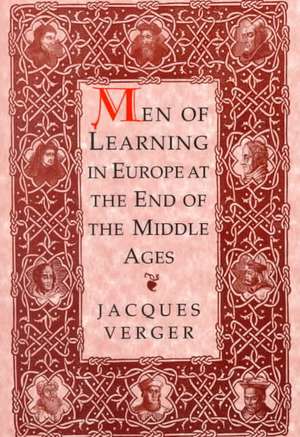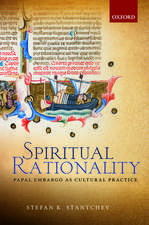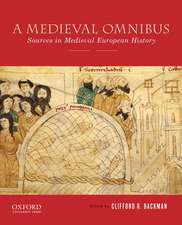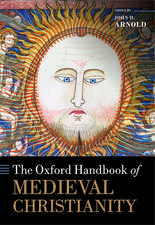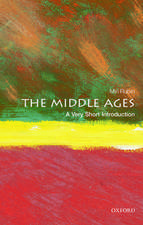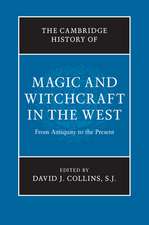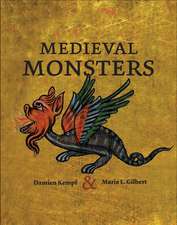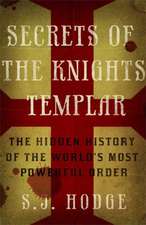Men of Learning in Europe at the End of the Middle Ages
Autor Jacques Vergeren Limba Engleză Paperback – 31 mar 2000
Preț: 175.99 lei
Nou
Puncte Express: 264
Preț estimativ în valută:
33.67€ • 35.25$ • 27.86£
33.67€ • 35.25$ • 27.86£
Carte tipărită la comandă
Livrare economică 05-19 aprilie
Preluare comenzi: 021 569.72.76
Specificații
ISBN-13: 9780268034511
ISBN-10: 0268034516
Pagini: 216
Dimensiuni: 152 x 231 x 16 mm
Greutate: 0.32 kg
Ediția:1
Editura: MR – University of Notre Dame Press
ISBN-10: 0268034516
Pagini: 216
Dimensiuni: 152 x 231 x 16 mm
Greutate: 0.32 kg
Ediția:1
Editura: MR – University of Notre Dame Press
Notă biografică
Descriere
Combining cultural, social, and political history, this volume measures the influence acquired by certain disciplines - in particular religious, literary, and legal - in the organization of European society. It looks at the evolution of social classes.
